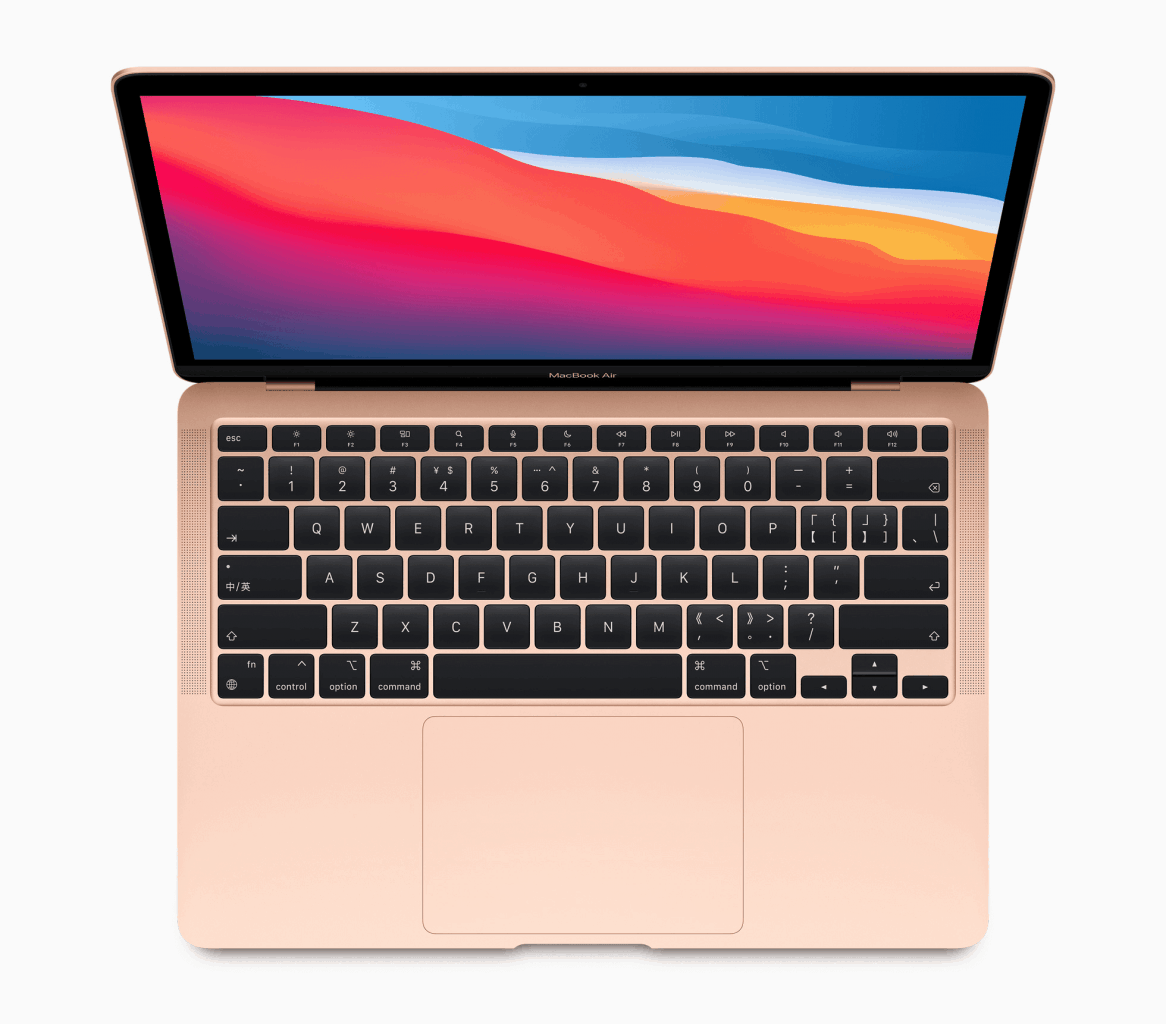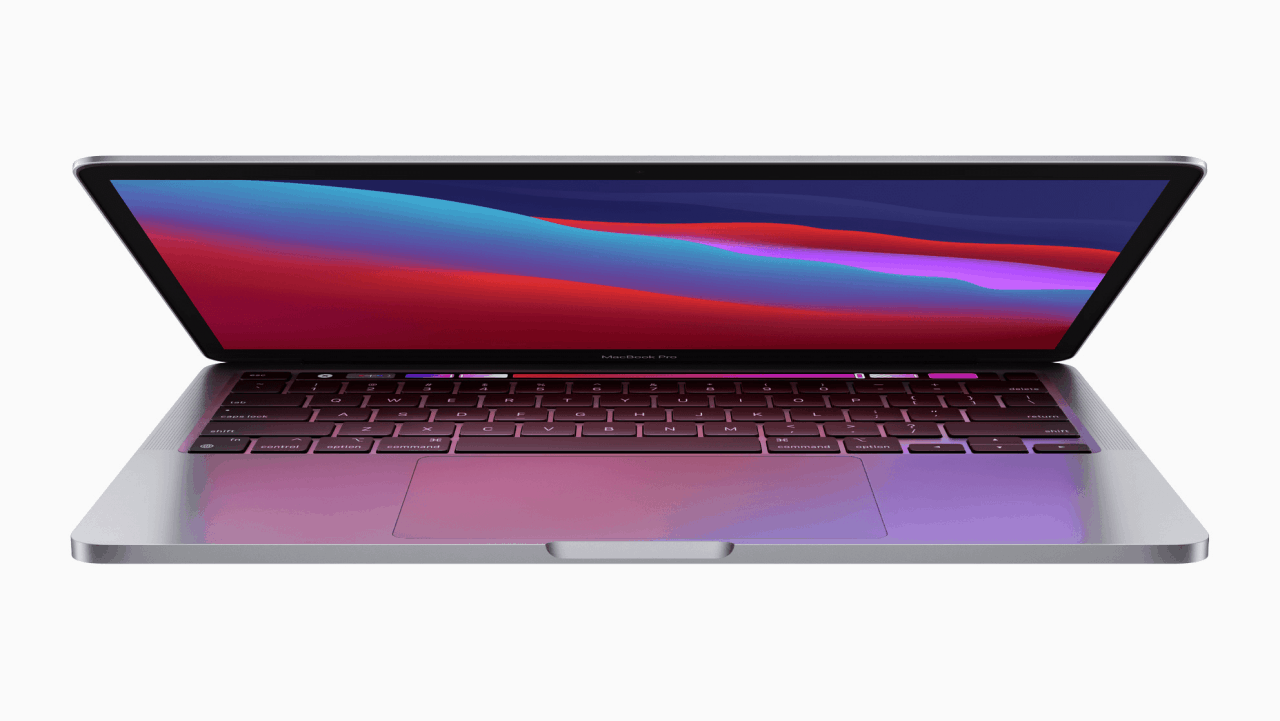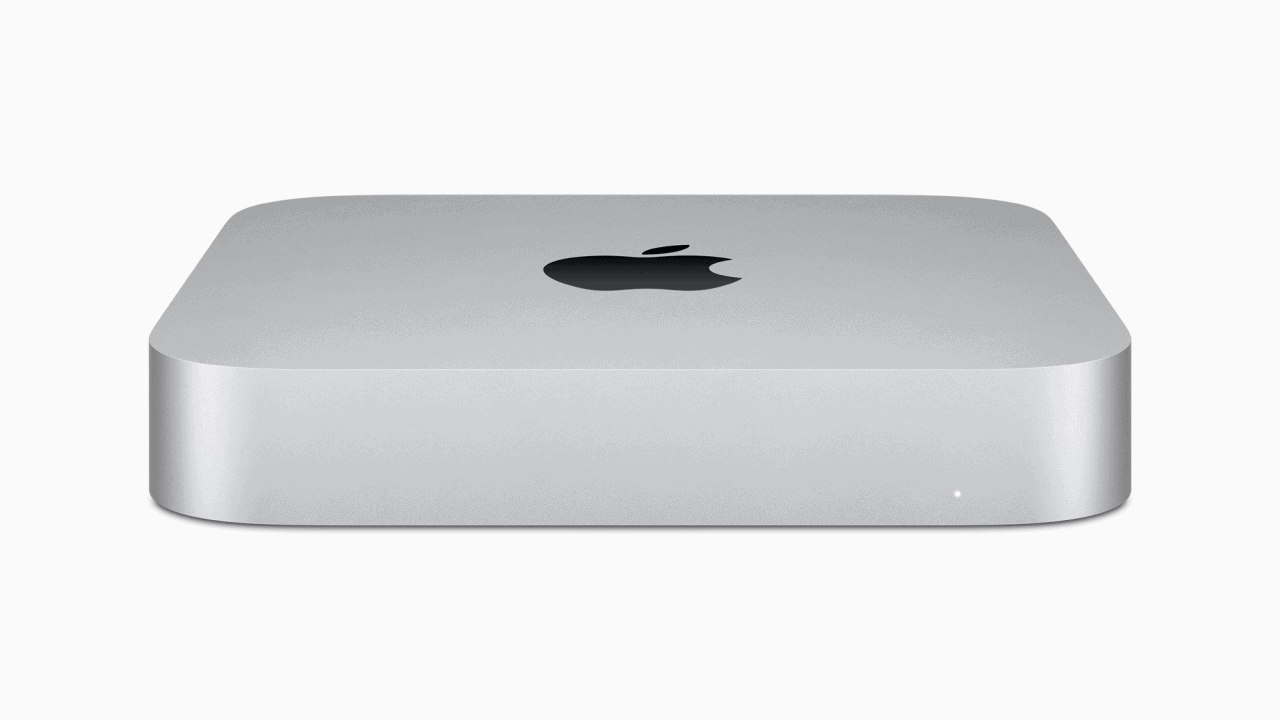The First Apple Silicon Macs Arrive Including Two New MacBooks, and a Fresh Mac mini

On Tuesday, November 10, Apple announced the first three Macs that use in-house silicon chips instead of Intel processors.
On Tuesday, November 10, Apple announced the first three Macs that use in-house silicon chips instead of Intel processors. The late 2020 MacBook Air, 13-inch MacBook Pro, and Mac mini are available to order and officially arrive during the week of November 16. Here’s a look at the new Apple M1 chip and the first Macs that use it.
Apple M1
The first Apple silicon chip, M1, is a single system on a chip (SoC) that includes the processor, I/O, security, and memory. Built using 5-nanometer process technology, the M1 includes 16 billion transistors, the most transistors Apple has ever put into a single chip.
Generally speaking, M1 will provide Macs with faster processing, more battery life, and better power efficiency.
Why Change?
Apple’s decision to move away from Intel-based processors on Macs is significant and will change how developers make apps and how consumers use them. Eventually, all apps that work on the iPhone and iPad will also work on Macs and do so seamlessly. Until this happens, you’ll still be able to run Intel-based apps on the new M1 computers using a new Apple tool, Rosetta 2.
The New Macs
The first new Macs built with an M1 processor include a 13-inch MacBook Air, 13-inch MacBook Pro, and Mac mini. Despite the move, Intel-based versions of the 13-inch MacBook Pro and Mac mini remain on the market, at least for now.
MacBook Air (Late 2020)


- All-Day Battery Life – Go longer than ever with up to 18 hours of battery life.
- Powerful Performance – Take on everything from professional-quality editing to action-packed gaming with ease. The...
- Superfast Memory – 8GB of unified memory makes your entire system speedy and responsive. That way it can support tasks...
- All-Day Battery Life – Go longer than ever with up to 18 hours of battery life.
- Powerful Performance – Take on everything from professional-quality editing to action-packed gaming with ease. The...
- Superfast Memory – 8GB of unified memory makes your entire system speedy and responsive. That way it can support tasks...
Amazon.com Price updated on 2024-08-16 - We may earn a commission for purchases using our links: more info
Starting at $999 for the entry-level model, the all-new MacBook Air offers CPU speeds up to 3.5 times faster, and GPU speeds up to five times faster than the previous model. Best of all, it includes the best battery life ever found on a MacBook Air (up to 18 hours between charges).
The latest MacBook Air ships with an 8-Core Apple M1 chip with up to 16GB of unified memory and 2TB of storage. It features Touch ID, 8GB or 16GB of memory, two Thunderbolt/USB 4 ports, and much more.
You can buy a MacBook Air (late 2020) in silver, space gray, or gold.
13-Inch MacBook Pro (Late 2020)


- Apple-designed M1 chip for a giant leap in CPU, GPU, and machine learning performance
- Get more done with up to 20 hours of battery life, the longest ever in a Mac
- 8-core CPU delivers up to 2.8x faster performance to fly through workflows quicker than ever
- Apple-designed M1 chip for a giant leap in CPU, GPU, and machine learning performance
- Get more done with up to 20 hours of battery life, the longest ever in a Mac
- 8-core CPU delivers up to 2.8x faster performance to fly through workflows quicker than ever
Amazon.com Price updated on 2024-08-15 - We may earn a commission for purchases using our links: more info
The entry-level M1 13-inch MacBook Pro is very similar to the least expensive MacBook Air. And yet, there are a few differences worth noting. Namely, the MacBook Pro offers 20 hours between battery charges and features a Touch Bar and Touch ID. There’s also the promised 17 hours of wireless web between charges (versus 15 hours on the MacBook Air) and a slightly larger lithium-polymer battery, which uses a 61W USB-C Power Adapter to charge.
The MacBook Pro only comes in silver and space gray. It starts at $1,299, with Intel-based models still on the market starting at $1,799.
Mac mini (2020)


- Apple-designed M1 chip for a giant leap in CPU, GPU, and machine learning performance
- 8-core CPU packs up to 3x faster performance to fly through workflows quicker than ever*
- 8-core GPU with up to 6x faster graphics for graphics-intensive apps and games*
- Apple-designed M1 chip for a giant leap in CPU, GPU, and machine learning performance
- 8-core CPU packs up to 3x faster performance to fly through workflows quicker than ever*
- 8-core GPU with up to 6x faster graphics for graphics-intensive apps and games*
Amazon.com Price updated on 2024-08-16 - We may earn a commission for purchases using our links: more info
The always-versatile Mac mini (2020) offers up to three times the CPU performance as the previous model and six times faster graphics. Besides the 8-Core Apple M1 chip, the device features up to 16GB of memory and 2TB storage. The Mac mini includes support for one display up to 6K and one display up to 4K. In total, the Mac mini (2020) includes two Thunderbolt/USB 4 ports, two USB-A ports, HDMI 2.9 port, and Gigabit Ethernet.
The latest Mac mini is available starting at $699.
macOS Big Sur
Apple also announced that the long-awaited macOS Big Sur update would be arriving for installation on current Macs on Thursday, November 12, as a free download. First announced in June, macOS Big Sur is the most significant software change for Mac since Mac OX arrived back in 2001. New features include a new Control Center and updated Notification Center, more Safari privacy, an iOS-like Messages app, and much more.
Onto 2021
Due to COVID-19, Apple decided to hold three remote-only events this fall instead of hosting at least one in-person event on the Apple Park Campus. At September’s event, the company announced the sixth-generation Apple Watch, iPad Air 4, and iPad 8. A month later, the iPhone 12, iPhone 12 mini, iPhone 12 Pro, and iPhone 12 Pro Max were announced alongside the HomePod mini. These will most likely be the last products Apple announces in 2020.









